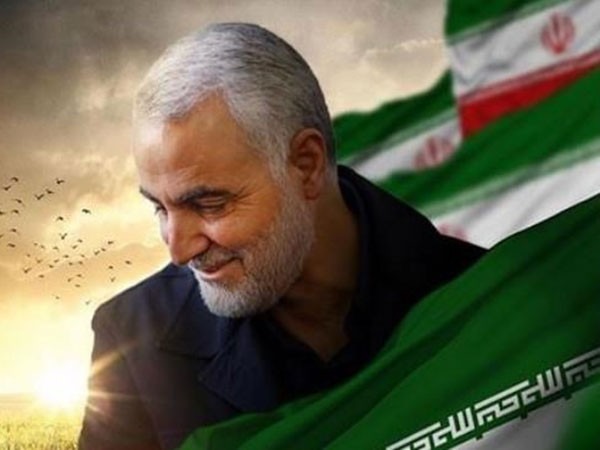In an interview with the website of the Strategic Council on Foreign Relations, Dr. Reza Seraj said the US assassination of Commander Suleimani can be analyzed in the context of the despair of White House leaders and taking revenge of him for the security and dignity building measures of this high-ranking martyr. The United States in line with the “maximum pressure” strategy sought to implement a five-step process that would have to change the Islamic Republic’s calculations and drag Iran to the negotiating table from a weak position.
The United States is striving to pursue the process of maximum pressure on Iran by stepping up its economic pressure and sanctions and destabilizing the space for the Resistance Axis, the professor said. In addition, efforts to make Iran’s internal environment insecure and validate the perception of threat and war, as well as the creation of national dichotomy and divisions in Iran, can be assessed in this line.
He added: From their point of view, in the context of the process of maximum pressure after the intensification of the sanctions, especially in the oil and banking sectors, the local environment — the strategic depth– too should become unstable and in synergy with insecure internal environment, the process of maximum pressure should be accelerated.
Seraj said Lt. General Soleimani, with his unique strategic way of thinking, prevented the regional threat from linking with Iran’s internal environment and the full implementation of the process of maximum pressure. He added: “The US became even more furious with this great martyr when he restored security to Iran’s regional environment (Iraq, Lebanon, etc.) and contained the continuity of threats with the help of the Resistance. He thus prepared the ground for the US withdrawal from Iraq as a starting point for complete US pullout from the region.
The White House terrorist chiefs, who no longer tolerated defeat and humiliation, resorted to terrorist operations out of desperation, the international affairs analyst said.
He added that adopting an “active resistance” strategy against the US “maximum pressure” strategy has made Iran more offensive than ever before, noting that this offensive behavior and the challenges Trump is facing in the domestic sphere on the one hand and regional failures as well as regional inefficiencies, in defending its allies, on the other hand, the US had to compel the White House leaders to carry out the terrorist act.
The United States and some allies carried out one of their blunders in recent decades on the wrong assumption that Suleimani’s assassination as the vanguard of Iran’s active regional approach would result in the defeat of the strategy of active resistance and put the IRI in a passive position, the professor said.
Describing the scope of America’s miscalculations in the assassination of General Suleimani, Seraj pointed to the internal situation in the US and the pressure Trump underwent following his impeachment plan, saying: US leaders sought to overshadow Trump’s impeachment and check the challenges he faces from rivals in the upcoming election.
He considered the efforts to mortify the Axis of Resistance in the region and prevent Iran from continuing to pursue an active regional approach, as well as validating the perception of threat for Iran and creating a dual state of war-peace in Iran among other dimensions of this miscalculation. They thought the assassination will disturb Iran’s calculations and it will accept negotiations with the US by preventing Tehran from taking the final stage of pulling out from the Iran Nuclear Agreement (known as the Joint Comprehensive Plan of Action) and as a result, America’s image will be restored after recent defeats.
But what was not included in the US calculations was the overwhelming impact of Lt. General Suleimani’s martyrdom, the professor of international relations continued. This enormous event, at the same time, brought about a dramatic change and unimaginable resurrection in all domestic, regional and trans-regional trends, he noted.
Explaining the strategic consequences of this US move, he pointed to the presence of million strong demonstrators at the funeral of Martyr Suleimani and his companions.
Seraj also referred to the adoption of a resolution at the Iraqi Parliament calling for withdrawal of all Americans from Iraq and said criticisms by US officials of Trump’s assassination move increased his challenges inside the United States. Henceforth, Martyr Suleimani has become more effective for the Islamic Revolution and more dangerous for America, Israel and their allies than Commander Suleimani.










0 Comments